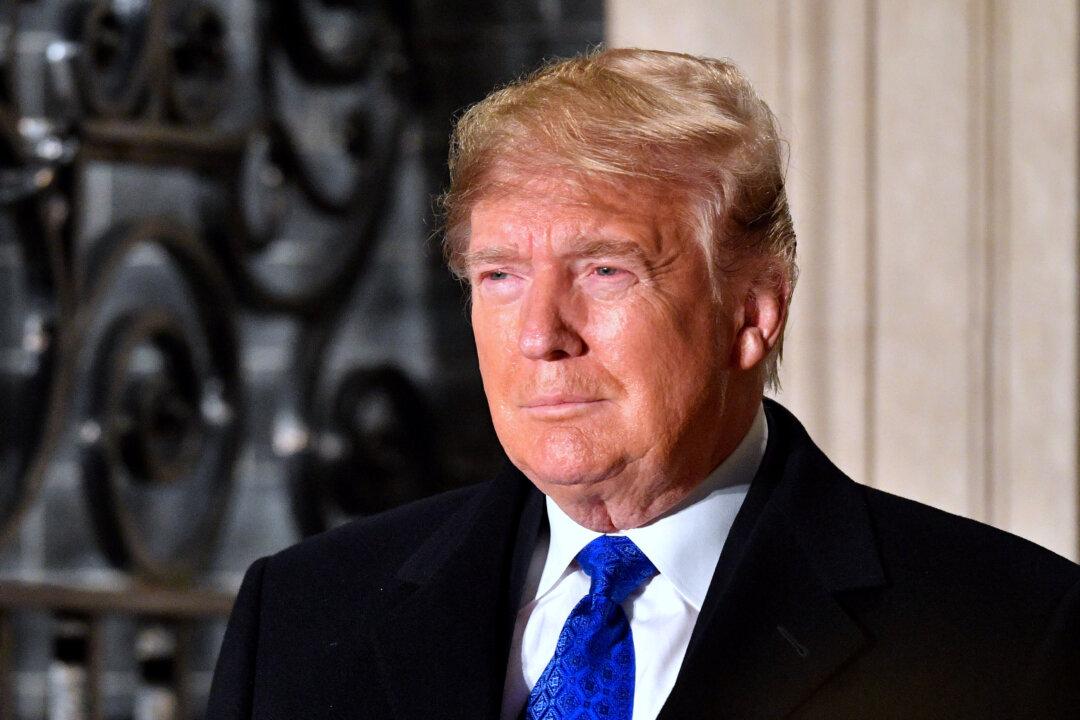President Donald Trump plans on Dec. 11 to sign an executive order that would threaten to cut or withhold federal assistance from educational institutions that fail to combat anti-Semitism, according to a senior administration official.
Under the 1964 Civil Rights Act, the executive order would extend protections against discrimination to people who face anti-Semitism on college campuses, the senior official said on Tuesday.





